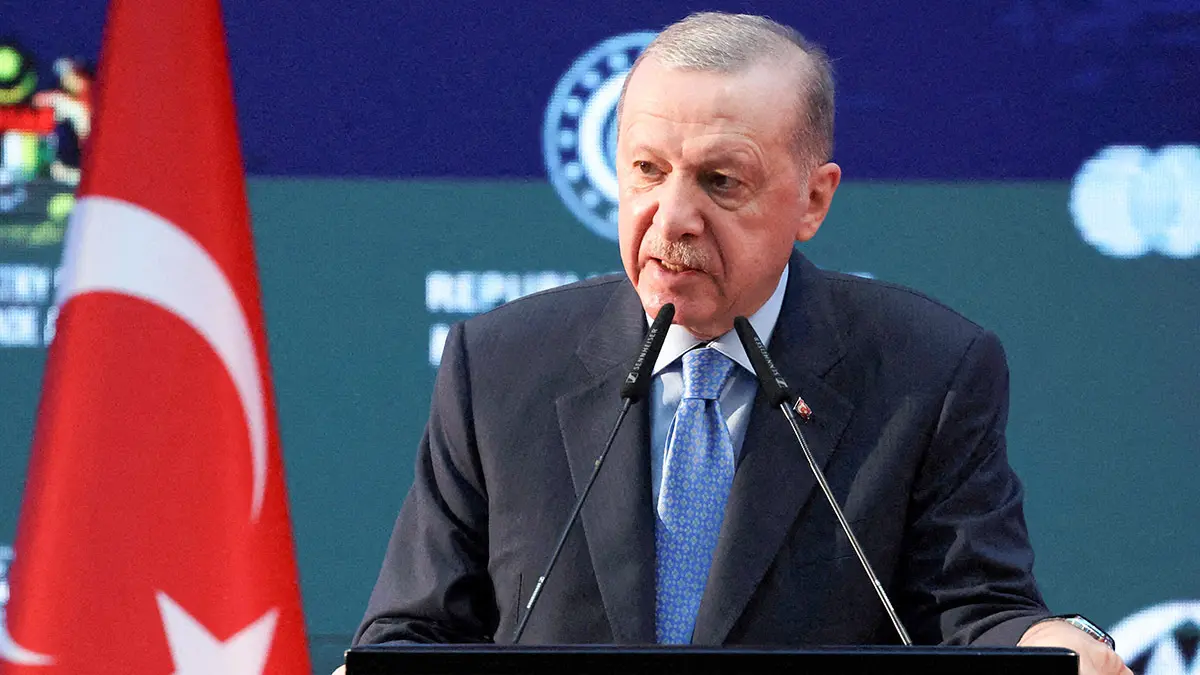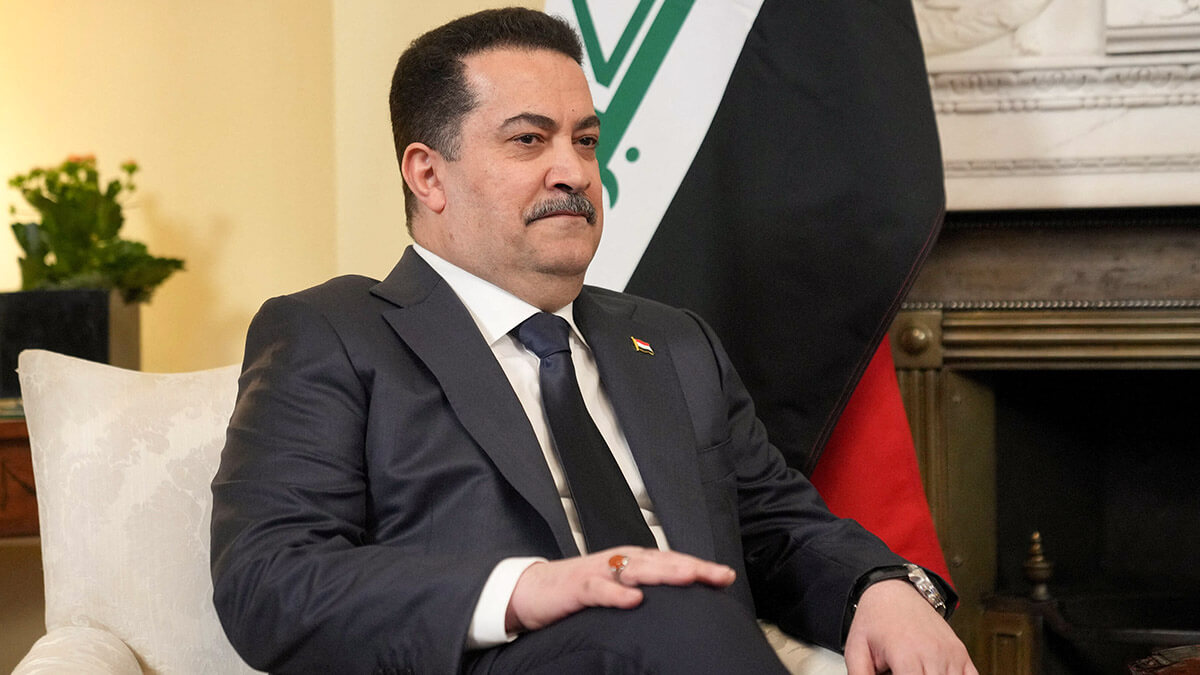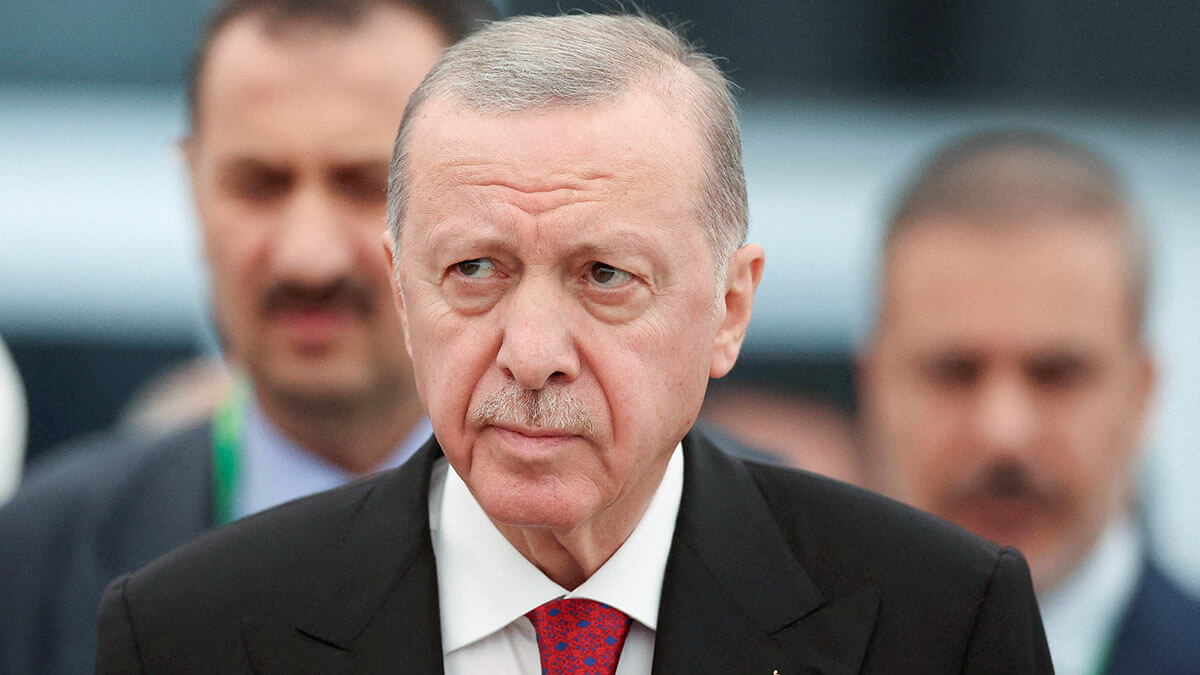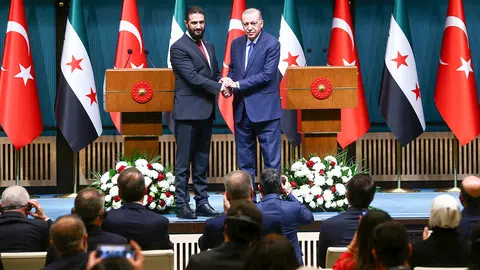The strategic advancement of relations between Turkey and Iraq

Turkey is boosting its presence in the Middle East and has appointed a special envoy to President Recep Tayyip Erdogan in Iraq.
The choice of Veysel Eroglu is a strategic diplomatic tool in a premeditated plan, distanced from presenting itself under a militarised spotlight and from the use of military envoys. The aim is to develop a holistic influence that can create a harmonious relationship with Iraq.
Indeed, the role of high-level coordinator offered by Eroglu as envoy is considered an optimal decision, as he specialises in managing disputes with Kurds, Turkmen, Sunnis and Shiites. He is therefore the person who can ensure a balanced connection with the Iraqi government and who will know how to respond to Iran's reactivity to these changes in regional dynamics, given that the new Turkish model is based on a geopolitical vision in which the Eurasian country is keen to create a security zone in opposition to Iran's actions. and if he is victorious, his status will be reinforced throughout the geographical area and Iranian authority will be reduced.
The relations between Turkey and Syria, which have been cultivated for more than a decade, symbolise the pro-Turkish movement in the region and also Turkey's temperance and determination to achieve its objectives and gradually remove control from Iran. Turkey's actions in Syria have included military assistance, political training, diplomatic support and the use of regional alliances such as those with the Gulf countries and international alliances such as that with the United States.
For its plan in Iraq, Ankara intends to address internal problems, such as resolving the crucial issue of water management and treatment, which is exacerbated by droughts and the economic situation, in order to prevent further deterioration of the country's condition, a deterioration that has been greatly accentuated by Iran's conversion of Iraq into a military front.
The appointment of the representative is linked to the first visit to Turkey by Iraqi Prime Minister Mohamed Shia Al-Sudani. This demonstrates mutual support for the model, as well as interest in a lasting relationship. Al-Sudani has also affirmed Turkey's role in regional stability and against Iranian influence, particularly in reference to the influence that the Shiite-majority nation has had over Iraq since 2003 with the US invasion and the subsequent increase in the relevance of the Popular Mobilisation Forces and Iranian parties over the Iraqi state.

These talks include establishing a lasting connection between the two countries. A key aspect is development cooperation, with Turkey offering to set up factories in Iraqi industrial cities. The value of this sector is due to Turkey's growing recognition of Iraq as an energy supplier and market for investment, coupled with Erdogan's interest in reviving the Iraqi-Turkish oil pipeline.
The Development Plan Route Project is a large-scale infrastructure plan that aims to link Turkey with the Gulf and acts as another significant sphere because it would break the economic ties that subjugate Iraq to Iran and enable Iraq's entry into the regional economic system, facilitating the country's development. In addition, it would connect Iraq with Turkey by road and rail, thus creating a direct link. This plan would consolidate the ties of integration and interests between Iraq and Turkey and with the rest of the neighbouring countries.

Erdogan also emphasised his interest in promoting cooperation on energy, security and economic matters. In terms of security, it is worth noting that a position of agreement was reaffirmed on the issue of the Kurdistan Workers' Party (PKK), the Turkish separatist group that recently declared its disarmament and has been active across the border for four decades, as well as the joint fight against terrorism as a regional problem.
The new relations between Turkey and Iraq and their leaders show a strategic rapprochement and a path towards a Europe-Asia coalition. Above all, it symbolises improved cooperation focused on respect for national sovereignty, after years of past tensions caused by Turkish military incursions and militant actions by the PKK from Iraqi territory.










